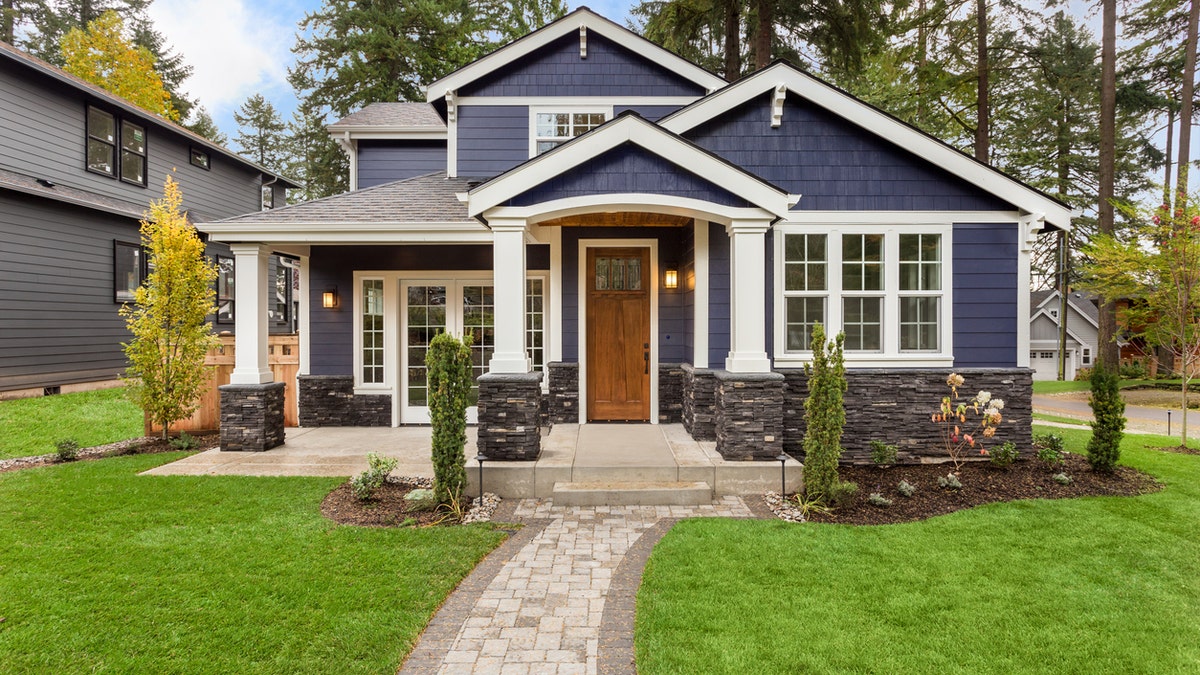
(iStock)
From the time we are little kids, we are told by our caring parents to “Save up so that you can buy a house! If you rent, you are just paying someone else’s mortgage!”
Homes are viewed by most Americans as their most significant source of wealth. Unfortunately, we have been tricked into funding the home market (ahem, banks) for many years when, in fact, renting may be a much better financial alternative.
THE ONE THING NO HOMEOWNER WANTS TO HEAR FROM A BUYER
Let’s look at the numbers:
If you buy your home today for $200,000 with a 20 percent down payment ($40,000) and 30 year mortgage at 4 percent then your payments will be about $775/month.
Sounds pretty good at first when the equivalent $775/month rental often isn’t quite as nice. But what about the approximate costs that are not quite so obvious: extra fees associated with initial purchase (4 percent), annual maintenance (1.5 percent), renovation (1 percent), homeowner’s insurance (1 percent), property taxes (1 percent), and the dreaded, unexpected, but inevitable “unforeseen costs?”
Sure you get a mortgage-interest tax deduction, but it pales in comparison to the above costs – a median in the United States of almost $10,000/year on top of your mortgage.
OK, but you might say, “I will own my home in 30 years.” Sure you will, but once you account for the price to sell your house (6 percent commission plus the inevitable fix-ups you need to do in order to actually sell it), you are counting on house prices rising significantly.
And don’t forget about the dreaded neighbor problem. If you rent, you can move. If you own, yeah, you can too – but boy, it is a lot harder.
I’m really sorry to say, it isn’t looking pretty. We have been told over and over again, house prices will increase considerably over time. And we do hear the occasional exciting story of someone’s brother’s wife’s cousin’s sister who bought her house for $200k and sold it three years later for $400k….alas, it is the vast exception, not the rule.
Looking at the Case-Schiller Home Price Index, yes, if you live in New York City, house prices have almost doubled since 2000. But most of America doesn’t live in Manhattan. Look at Cleveland instead, where house prices have barely changed since 2000, and, if adjusted for inflation, have actually gone down.
We can no longer count on the massive house price growth of the late 1990’s, but somehow we can’t seem to get the “buy a home” mantra out of our ethos.
Since 1890, house prices have grown by less than .6 percent per year, not the touted 14 percent increases of the 70’s or even the 5 percent increases of today.
There are enormous hidden costs of home ownership. You have little to no flexibility, and if you find yourself in a 2008-like downdraft, then you are really stuck. You can’t deduct a loss on your house sale price, as you can in the stock market.
Finally, there is an incredible reliance on the mortgage-interest deduction – too much, I would say – and just as the current administration in the White House could change in one year, so could this … and it is being discussed even now.
And don’t forget about the dreaded neighbor problem. If you rent, you can move. If you own, yeah, you can too – but boy, it is a lot harder.
CLICK HERE TO GET THE FOX NEWS APP
Now, if instead of buying, one takes their down payment, and invests it in the S&P 500 (assuming a conservative 5 percent return), re-invests the annual income, and then puts in just an extra $1000/year (way less than you save by renting instead), you might well end up with approximately $250,000 at the end of your 30 years, a historically safe and reliable nest egg. While taxes (never forget the taxman!) of course apply, they do in both situations, renting or owning.
So I, for one, adhere to a new tenet of this generation: “In the 21st century, true security is being mobile, not being tied down to a single place.”
